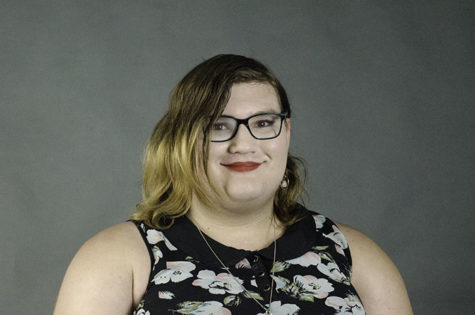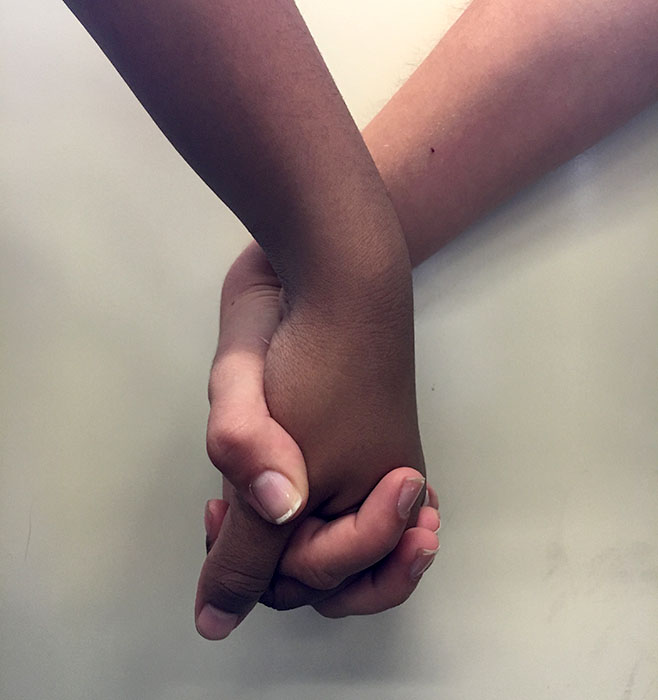Racism is real: here’s what we can do to change that
Racism is a heavy word. People often mischaracterize it as only the hyper-visible aspects of it, the unabashed acts by men like George Wallace or David Duke, but racism is a silent disease that feeds off of this misunderstanding.
Because I am part of the dominant—at least as it pertains to race—group in our society, I am racist. By being a white person who was socialized into a racist society, the way I subconsciously view people of color is often prejudiced and derogatory.
That doesn’t mean that I’m a terrible person. I may have grown up as a white person in a country that is almost defined by its enduring white supremacy, but I am in a continuous state of learning. My socialization is beyond my control; however, how I act now is mine to change.
There are a few important parts to fighting against racism as white people. The first is recognition. We need to be able to admit that we’re part of the problem and that the fault is in the system and not an intrinsic part of us. This is not an attack on our character or whiteness.
Thinking about our place as an oppressor and what culpability we have may be difficult, but those are the difficult thoughts that need to be had—lest the self-sustaining culture of white supremacy continues.
After recognition comes research. It’s okay not to know things. It isn’t okay to refuse opportunities to learn. If we want to be able to alter our behavior, we need to put time into understanding what parts of us need changing and why.
People of high privilege really can’t understand what oppression is like, so we should try to talk with a person of color we’re close with or look up relevant topics online. If we going with the former option, remember that no one is obligated to be our dictionary or answer any of our questions. We should also be conscious of whom we ask. A person whom we’ve met once isn’t the right person.
We’ve researched, and we’ve learned a lot. Now we need to take action. We can’t allow ourselves to be bystanders to oppression; the message that it sends is the same as if we participated directly. Inaction is an action in its own right.
When we see racist behavior, it is our moral obligation to say something. The stereotypical sort of overt racism should be dealt with swiftly and harshly. Stop them as they speak. Hate is not an opinion to be tolerated.
But most cases require more nuance. Often, racism is a symptom of a life unconfronted by the reality that people of color face. Most white people have never had to put any thought into it, so creating a dialogue with other white people is an important part of the change. It’s imperative to not demean the person. Educate them, don’t belittle them. Not everyone will be receptive, but having the conversation plants a seed of change.
As white people, we have privilege we can use to support people of color. For example, a common practice at Black Lives Matter protests is to create a ring of white protesters surrounding the black and brown activists. Of course, there are more everyday actions we can take, such as being a buffer between minor authority figures and the oppressed to ensure fair treatment.
While we are an important part of social change, it should be remembered that we are only allies. This struggle is not about us. It’s about the oppression of people of color, so we need to ask those affected what we can do to be the best ally possible, and listen to what they have to say.
The understanding of race is not homogeneous among any group, and a poor, uneducated, elderly black woman faces oppression very differently than a young, white-collar, able-bodied, black man does. The latter may not even believe that he’s oppressed at all. He may feel that his class and gender usurp his race. But we are not a blind society. Both of these people are oppressed by racism but have different needs. So ask and listen.
Change can and will happen. Question yourself and others, think critically and listen to those who are affected the most. The voices are out there no matter how often they are silenced. Go out and be a good ally.


